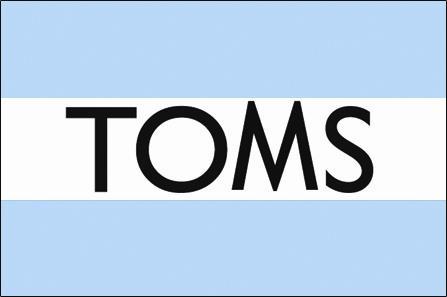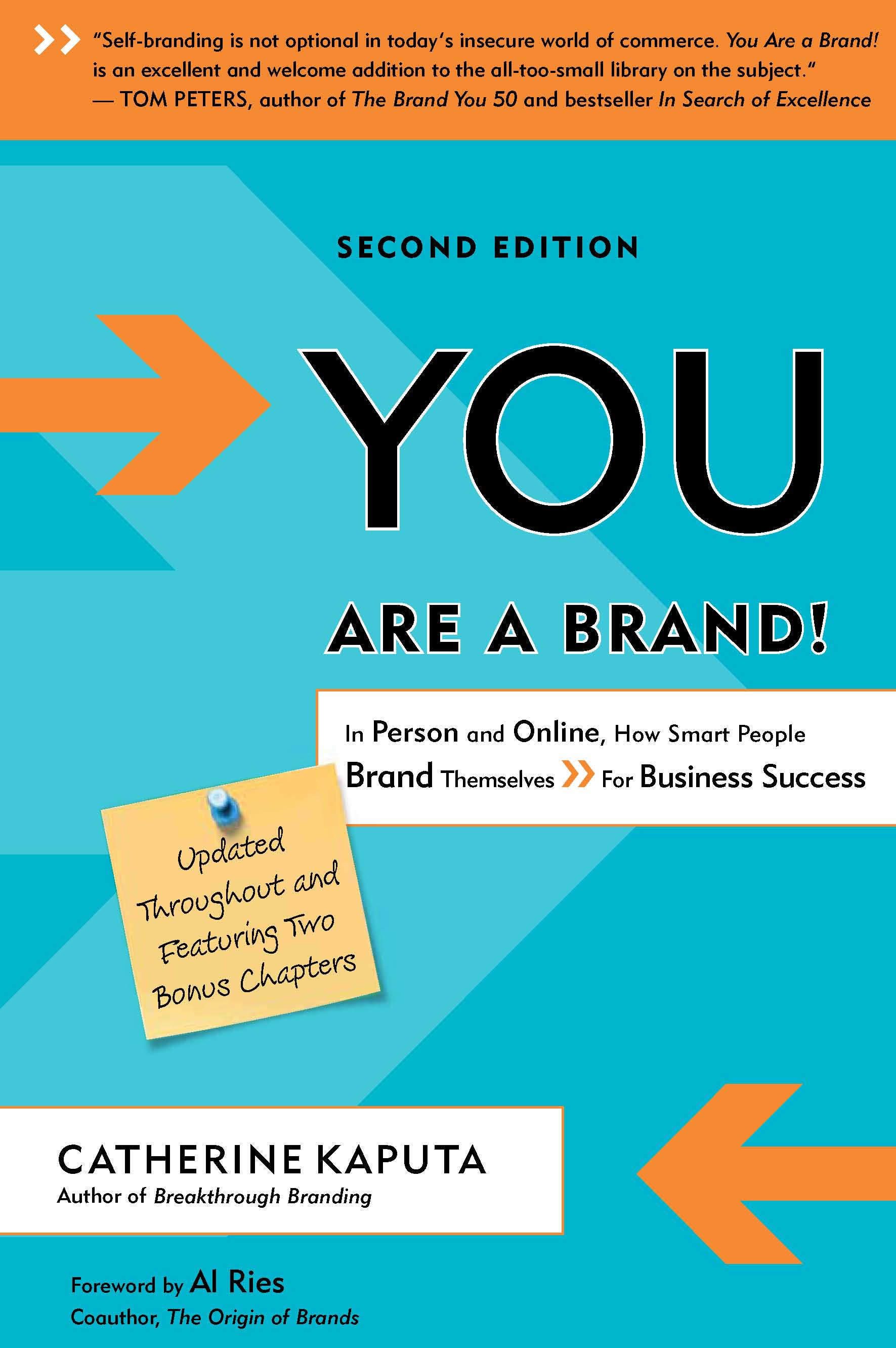SelfBrand Strategy X. The Crusader

The Crusader
Blake Mycoskie
For many people, doing something meaningful and significant is much more important than achieving the standard definition of success. Look at TOMS Shoes: for every pair of its iconic cloth, rubber-soled "alpargatas" sold, the company gives away a pair to someone who needs it. Instead of a business with a charity tie-in, the whole concept is to buy one pair of shoes today so TOMS can give one tomorrow. That idea led company founder Blake Mycoskie to the name, Tomorrow Shoes, which he shortened to TOMS Shoes. The brand's tagline, "One for One," communicates the brand's shoe giveaway mission.
Being synonymous with a cause or creating a new cause has propelled many people onto a bigger stage. Think of Martin Luther King Jr. and the civil rights movement, or Gloria Steinem and women's liberation. The key ingredient of the Crusader mindset is a commitment to a cause, a quest to make a difference in the world.
The Crusader Personality

The Crusader Brand
Crusaders are people who prefer doing something meaningful more than just making money. You believe in devoting yourself to giving and helping others. You are committed to a cause that you believe will make a difference - even change the world. Your definition of success is to help others to achieve happiness and success, and to make the world better in some significant way. You can have a hard time expressing your own needs. Because you tend to submerge your own needs in order to cater to the need of others, sometimes you feel overwhelmed and controlled by others' needs. You want to be accepted and appreciated by others and to make a difference in the world.
Most of the time you:
|
But sometimes you:
|
Generally people see you as:
|
But you can:
|
How to Execute the Crusader Strategy
See You Are a Brand, p. 70 - 71 for ideas, examples and exercises on how to execute the crusader, or cause strategy. You must be able to fill in the blank in the statement:
Crusader Positioning: I am synonymous with __________ cause.


